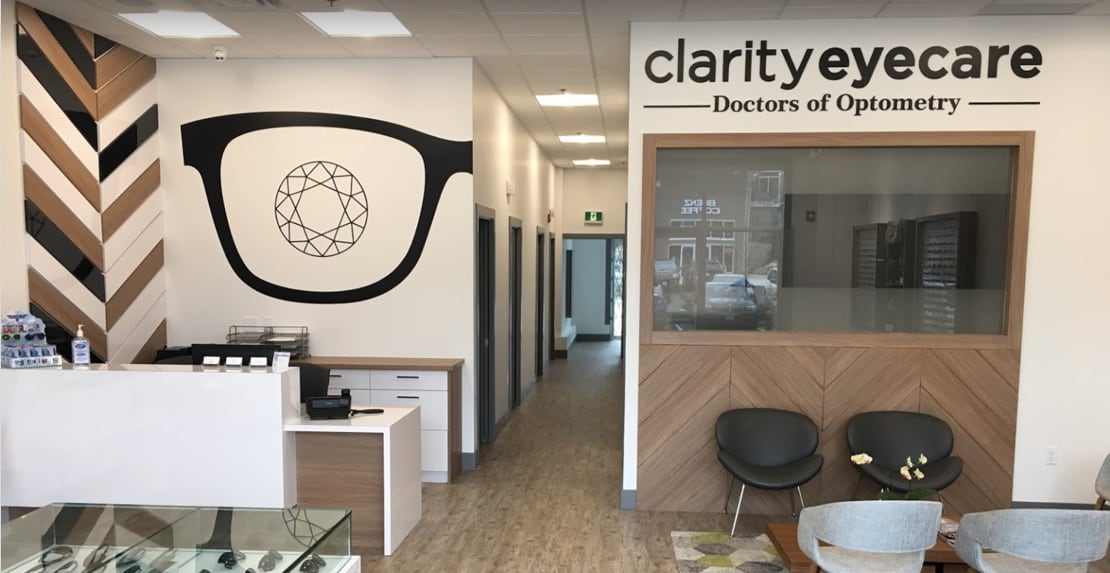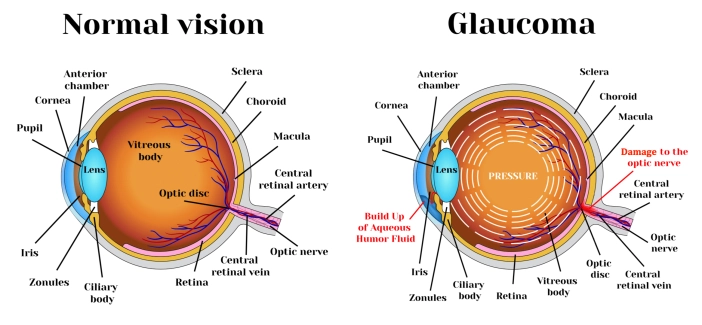Find Out if Laser Eye Surgery Is Right For You
Our goal for every patient we help is right there in our name: clarity.
While we are more than happy to provide glasses and contact lenses, we completely understand if you’re looking for a permanent answer to correct your blurry vision—and laser eye surgery just might help!
Our comprehensive laser eye surgery consultations help us determine what problems you have and which type of procedure may be best for you. It all starts when you book your consultation with Clarity Eyecare.

How Can Laser Eye Surgery Help You?
Your retina is responsible for collecting the light that enters your eye and interpreting it as signals for your brain to read. However, refractive errors affect where light focuses in your eyes, leading to blurry vision for a variety of distances.
Laser eye surgery can help correct refractive errors like myopia (nearsightedness), hyperopia (farsightedness), and astigmatism. While laser eye surgery doesn’t guarantee 20/20 vision, most people report clearer eyesight following their surgery.
Our consultations and co-management services can help deliver the results you’re looking for.


Consultations
Consultations are unique, focused eye exams. During a consultation, we determine what your refractive error may be and if you have any diseases, conditions, or lifestyle requirements that could affect your candidacy.
These issues can include:
- Dry eye
- Eye disease
- Eye infections
- Overly large pupils
- Overly thin corneas
Co-Management
After you have surgery, we’ll co-manage your recovery with your eye surgeon. There are several different side effects you may experience after laser eye surgery, but these will likely subside after a few weeks of healing. If these side-effects continue to occur, we can help determine the cause and provide support.
Side effects may include:
- Dry eye
- Irritation
- Halos and glare
- Light sensitivity
- Blurry vision (for a short period)
Types of Laser Eye Surgery
The type of laser eye surgery we recommend depends on your refractive error and eye health.
Once we determine which procedure is best for your needs, we’ll refer you to an ophthalmologist to perform the surgery. Our team, along with your ophthalmologist, will walk you through everything you can expect before, during, and after your surgery.
Consultations and co-management are essential for ensuring your eyes recover correctly. Please speak to our team if you have any questions regarding the procedures and how they may help you.
LASIK
Laser-assisted in situ keratomileusis (LASIK) eye surgery is a common procedure we may recommend for correcting common refractive errors.
During LASIK eye surgery, your ophthalmologist corrects your vision by creating a small flap in the outermost layer of your cornea. This flap gives your ophthalmologist access to the underlying corneal tissue, which they will reshape using an excimer laser.
Reshaping the tissue corrects your refractive error. At the end of the surgery, the flap is placed back in its original position, where it will heal over a couple of days.
PRK
Photorefractive keratectomy (PRK) surgery follows a similar process to LASIK, but with some slight differences.
During the surgery, your ophthalmologist will remove the outermost layer of your cornea completely before reshaping the underlying tissue with an excimer laser. This layer then heals over time, and you should experience clearer vision within a few weeks.
We may recommend PRK surgery if your corneas are too thin for LASIK.
Corneal Cross-Linking
If you have a corneal condition, we may recommend corneal cross-linking.
Certain conditions, like keratoconus, can cause the cornea to thin and bulge outwards, sometimes leading to vision problems.
Corneal cross-linking is a process that strengthens the collagen fibres in your cornea using a safe combination of UV light and riboflavin (vitamin B2) eye drops. To help the eye drops enter your corneal tissue, we may remove cells from the outermost layer of your cornea.
















